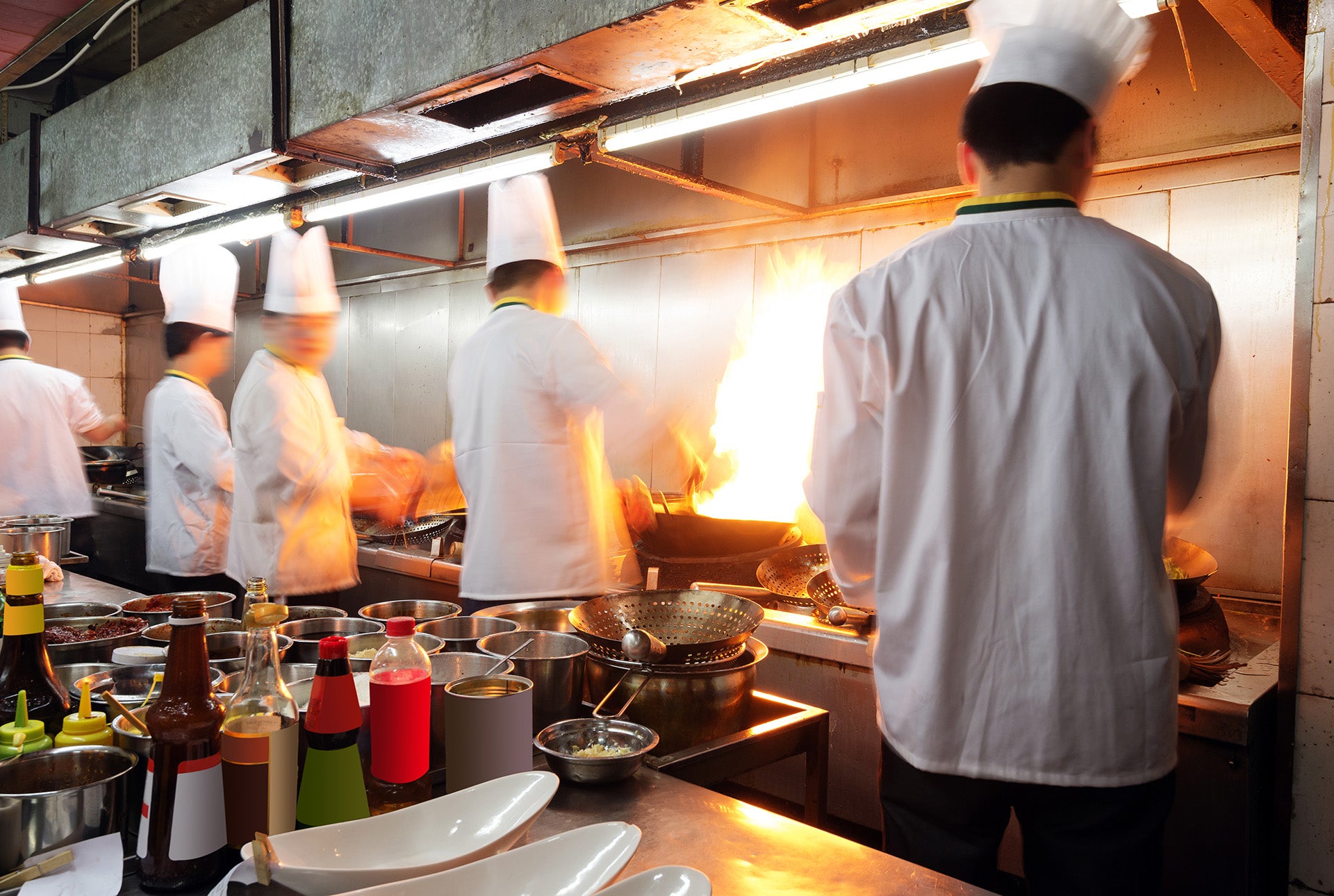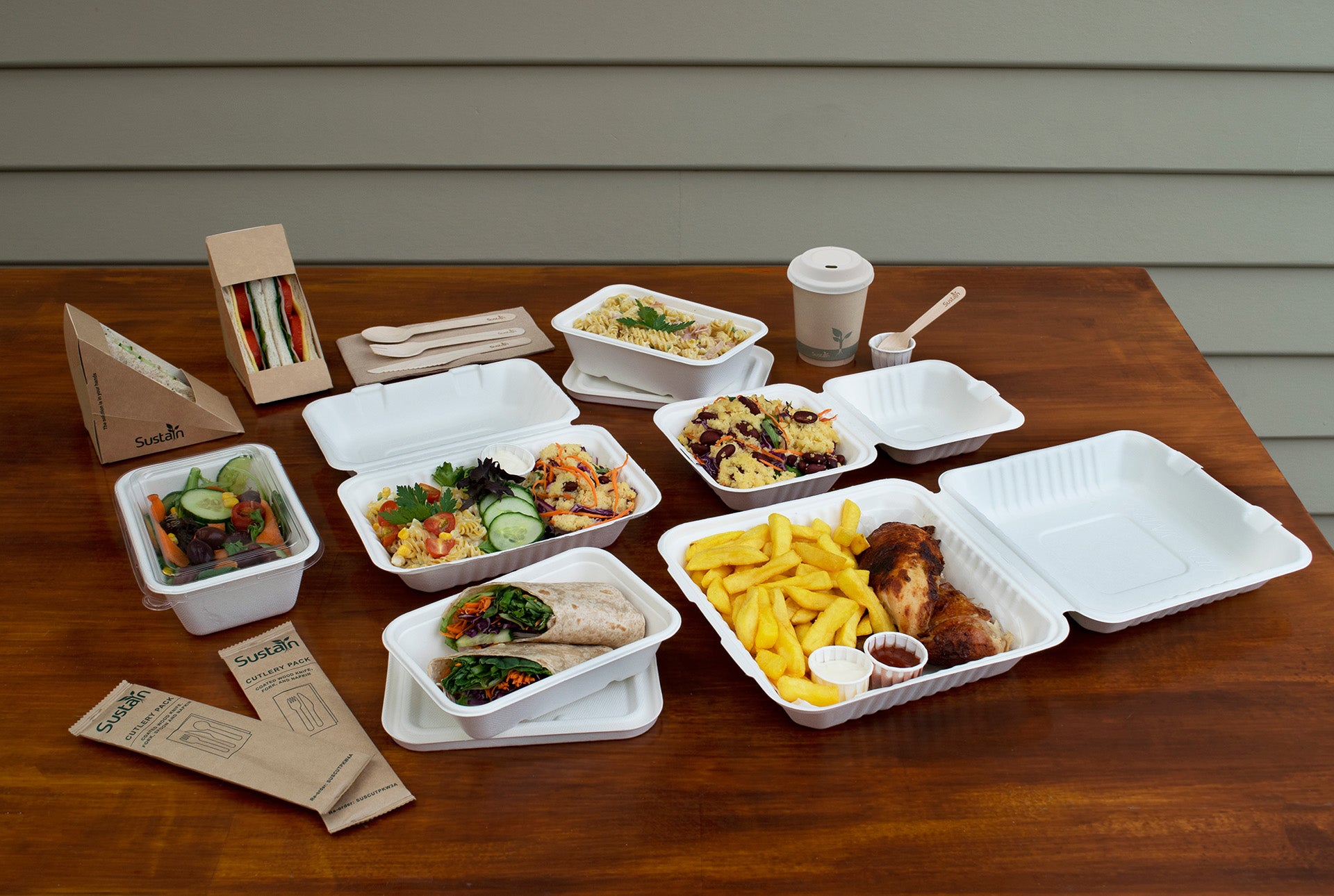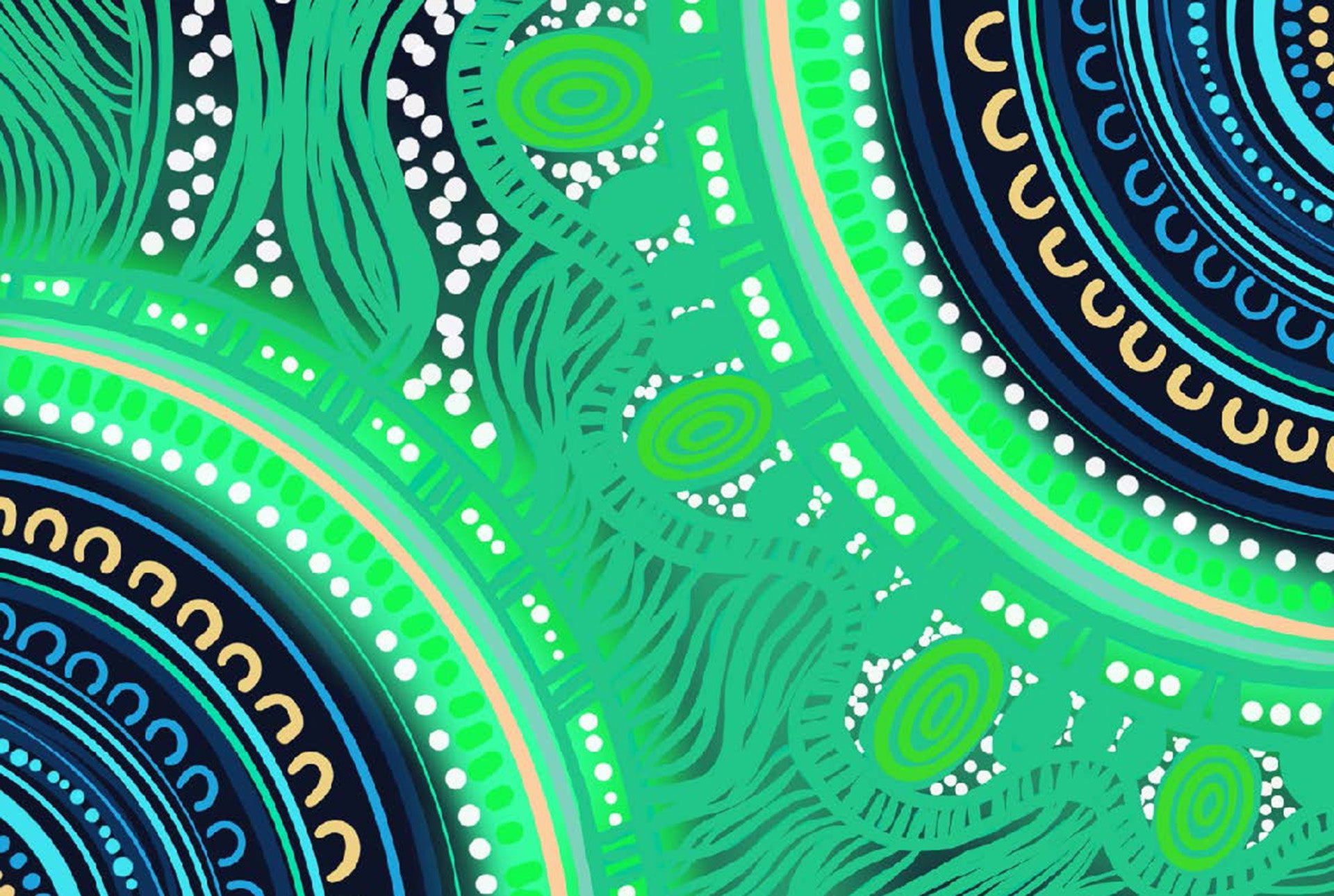In recent years sustainable packaging has taken over the food service industry in Australia. Customers are becoming more aware of the environmental impact of their food packaging and are now looking to their local cafe's and businesses to supply better packaging alternatives and limit plastic waste.
What is Sustainable Food Packaging?
These days ensuring your disposable food packaging is made from sustainable materials instead of single-use plastic means looking at the total life cycle of your products. The sustainable food packaging materials you're offering customers should be renewable (such as being made from plant-based materials), reusable, recyclable and/or compostable - meaning that they're made from materials that can create a circular economy and reduce total packaging waste from the food industry.
Aside from materials, looking at packaging options that retain their functionality is also important. Finding packaging solutions for items traditionally made from single-use plastics like cups, straws and/or cutlery can be a simple low-impact and responsible change any business can make.
Why Do We Need Food Packaging Alternatives?
With more than 30% of consumers consciously prioritising sustainability when visiting their local cafes and restaurants, studies have also found that customers place higher value on businesses who care for the environment by actively offering more sustainable takeaway alternatives.
With this in mind, understanding the different types of sustainable alternatives in the packaging industry is key to giving your customers the best options.
Top Sustainable Food Packaging Materials to Consider
Wood Pulp Paper
Wood pulp paper can be traced back to the 19th century, although back then it was used as paper for cartographers, Wood pulp today is now used to create sustainable takeaway cups, containers, plates and bowls.
As a renewable material, wood pulp paper is a great option for takeaway food packaging and is perfect for a variety of different foods including hot, cold and greasy foods. It is a sustainable material which is sturdy and lightweight and can be used in it's undyed kraft brown form. FSC-certified wood pulp paper products offers easy and sustainable food packaging solutions for any business.
Sugarcane (Bagasse)
Bagasse is a renewable resource found in sugarcane after it’s crushed during processing to extract the sugar. This occurs during the production of sugar, making it a by-product of the sugar industry. If this material were not repurposed it would become waste, meaning that by using bagasse as a food packaging alternative, it’s inherently a sustainable product.
Moreover, using bagasse in food packaging can help reduce the commercialisation of forests by reducing our reliance on paper products. Bagasse is a durable material, that is water and oil resistant water and oils and that can also be safely microwaved. Bagasse is also compostable under certain conditions making it perfect for takeaway boxes, clam shells and containers.
Bamboo
Bamboo is a fast-growing species of plant capable of being harvested without disrupting the root system or killing the plant - making it a great plant-based material for food packaging. Food packaging made from bamboo is of a natural composition and does not require any chemical intervention to promote growth.
Bamboo products like disposable cups can also be compostable under certain conditions and is an excellent material when lined with bioplastics like cornstarch (all of which are naturally derived from organic materials).
Birchwood
Birchwood is harvested from birch trees and is a light, fine grained product which offers a smooth alternative to plastic disposable cutlery. When sourced from forests that are controlled, they have a sustainable start-of-life and are also compostable in certain conditions. When coated in beeswax, birchwood makes a great option for sustainable disposable cutlery.
What Are the Benefits of Implementing Sustainable Food Packaging for Your Business?
Finding sustainable food packaging alternatives are beneficial to businesses as they give your customers the option to contribute to sustainable habits and buy from a company that shares their same values in using packaging that are sustainable.
Find out what products will work best for your business and your consumers with Bunzl Express
Authored by Stephanie Bennett.




